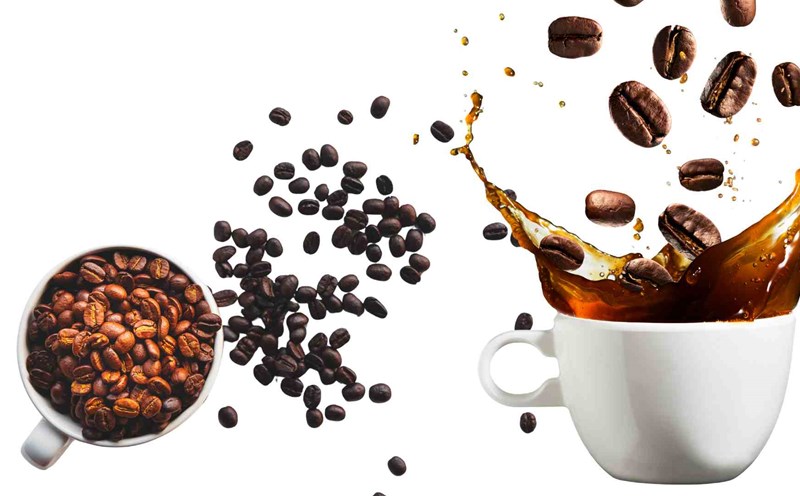Understanding decaf coffee
In the context of increasingly prioritized health, decaf coffee (no caffeine or very little) is gradually becoming a popular choice for coffee lovers who are concerned about the effects of caffeine, according to hindustantimes.
From medical experts to market trends, many opinions say that decaf is not only a safer solution but also brings positive benefits to cardiovascular and nervous system health.
According to Suvarna Sawant, a clinical nutritionist at Nanavati Max Hospital (Mumbai, India), decaf coffee contains very low levels of caffeine, usually removing up to 97% of caffeine. Thanks to that, it less causes anxiety, insomnia or sudden increases blood pressure.
Although caffeine is greatly reduced, decaf coffee still retains antioxidant polyphenols that help fight oxidative stress, support cardioprotection and improve overall health.
However, it should be noted that decaf coffee is not completely "harmless". Nutritionist Sawant recommends limiting it to 12 cups per day, mixing it with water and avoiding sugar additives.
Controlled consumption helps promote benefits without affecting the digestive system or causing a slight buildup of stimulants.
Who should drink it and who should be cautious with decaf?
Pregnant women, breastfeeding women, and people with mild gastro reflux can use decaf as a safer choice. However, for people who are too sensitive to caffeine, have uncontrolled high blood pressure or have serious digestive problems, it is necessary to consult a doctor before using.
From a market perspective, Vikas Aggarwal, founder of Coffee Totaler, commented that in many countries around the world, decaf coffee is gradually escaping the image of being picky about users to become a conscious choice for urban youth, especially the millennials, Gen Z and those pursuing a healthy lifestyle.
Once considered a commitment, now decaf is a symbol of smart choice, said the founder of Coffee Totaler.
The rise of decaf coffee not only reflects concerns about health but also marks a change in consumption habits, where the flavor of coffee is still kept intact, but concerns about caffeine have been resolved delicately and effectively.











